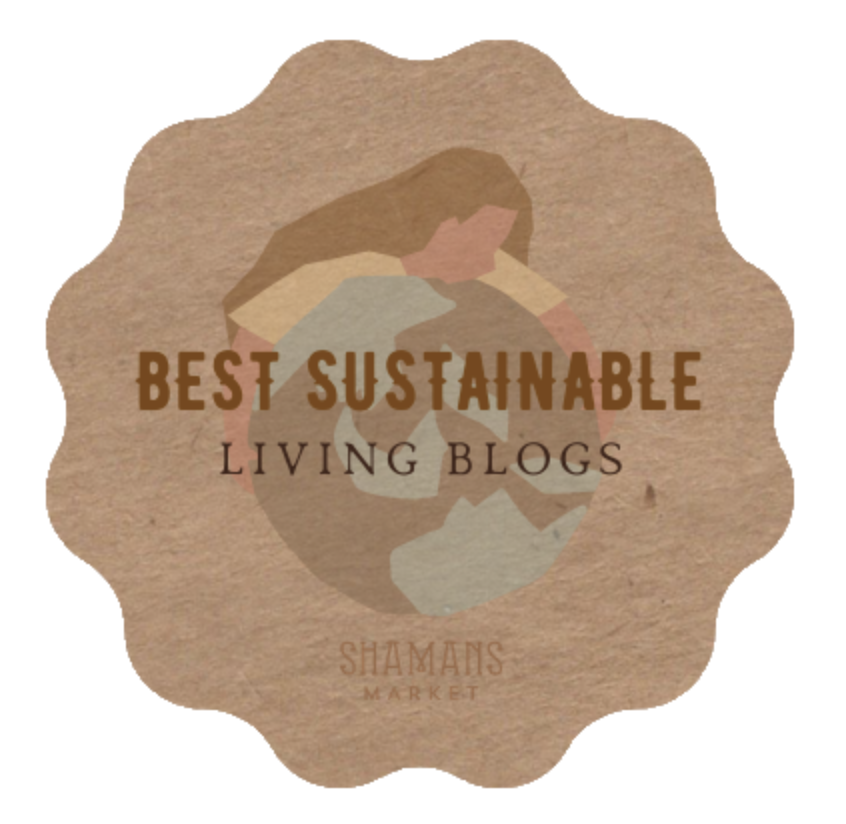Now I recently made a short video summarizing my work and I thought back to my tenth grade report that I haven't read in over 40 years. After locating the report in an old album, I read it again and realized that the message I am speaking today, is the same message I wrote all those years ago. Below is the video and some excerpts, introduction and conclusion, from the hand written pages of a 14 year old boy…
Bill Lauto , GTG
Environmental Scientist
International Sustainability and Energy Consultant
Contribute your comments!
 1972 Paper on Environment
1972 Paper on Environment You are about to take a close look, perhaps for the first time at one of the most challenging problems of our age - pollution of our air and water resources. The home is a good place to begin to learn about air and water pollution, because pollution is largely a by-product of the tremendous changes which science has produced in our environment during the last century.
Control of air and water pollution requires an understanding of the social and economic factors, as well as the scientific ones. How can we adjust our priorities to insure that we fulfill our energy, transportation, housing, recreation, and personal consumer needs without intensifying environment problems we do not anticipate and do not want? How? We’ll just have to get together and accomplish great achievements like in the past. But, all this leads us to ask a very big question, “Can Pollution Be Stopped Before It Stops Us?”
If you told someone in the past that we were going to the moon, they would have said, “You are insane!” But we did, in 10 years of studying we went to the moon. So if we get together and work hard at pollution as individuals or with a congressman etc. we will conquer pollution in less time than it took for us to go to the moon. It will not be easy to change our habits, some of which have gone unquestioned for years: Throwing things away instead of repairing or recycling them, dumping our waste into the water and air, and wasting irreplaceable resources. It is up to Americans of this decade to develop a new pattern of environmental management. We must become the first generation to work with nature instead of against her.
Conclusion:
Can pollution be stopped before it stops us? Yes, science is producing the technical knowledge and skills to do the job. Local, state, and federal government agencies are redoubling their efforts in pollution control, and most importantly, young people and older citizens, are learning about this problem and what needs to be done to correct it. Keeping our environment a safe and healthful place is a challenge to all of us, and your study of air and water pollution will make you better able to meet this challenge. All this is a generation of hard work ahead. Every one must make his own contribution. The combined efforts of people, industries, and government at all levels may be small when viewed alone, but they can make an enormous collective impact. An all national commitment, involving each American, will not only lift the veil of pollution from our skies and cleanse our waters, it could help this nation toward a new start of social amenity far above the proud achievements of the past.





















